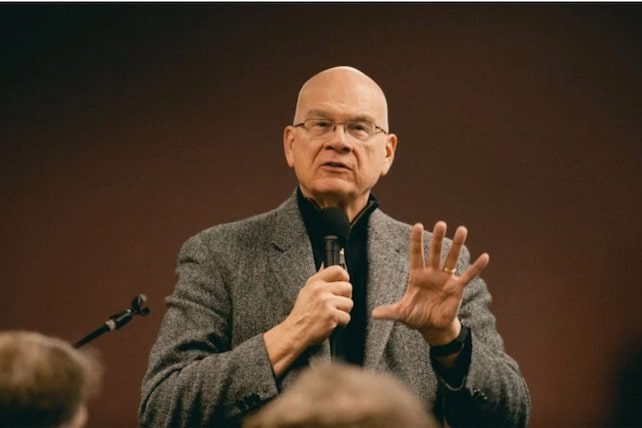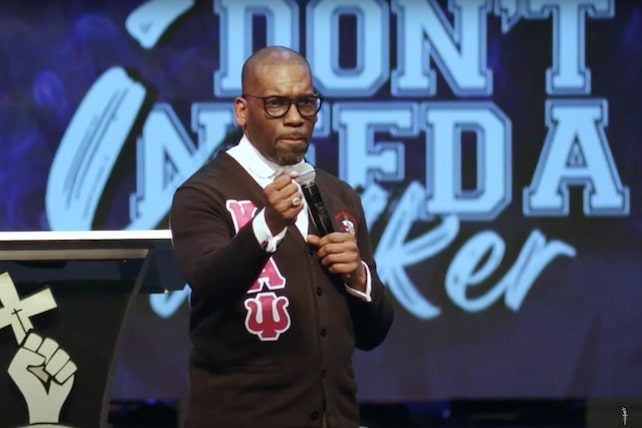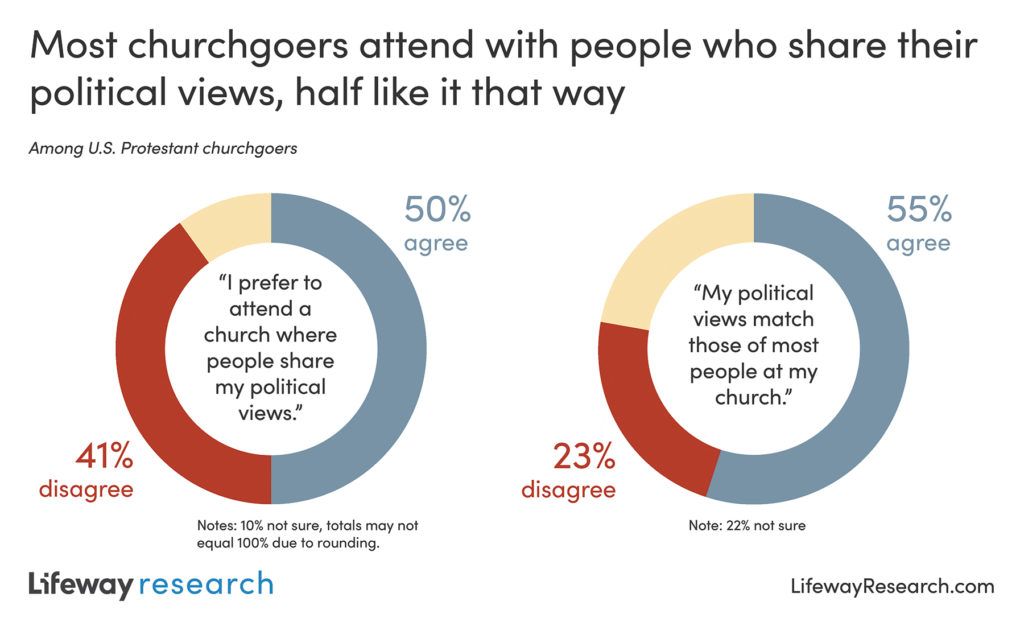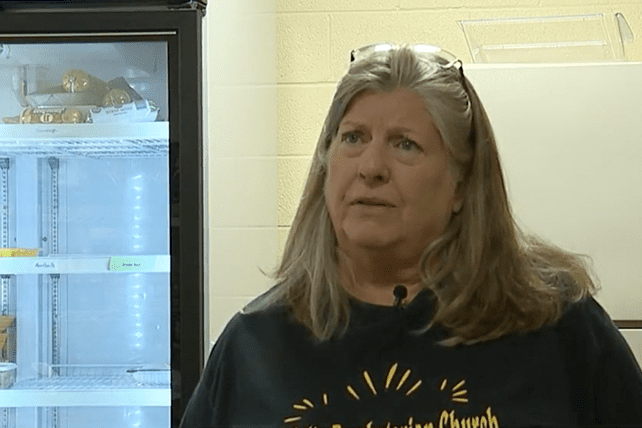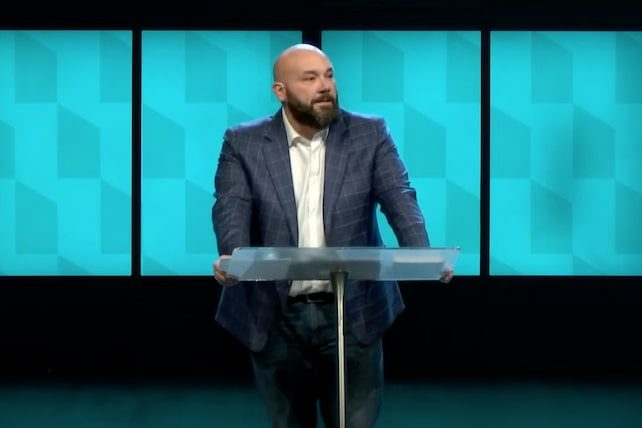What do you do when prayer doesn’t work? You know God loves you. You know He answers prayer. You know your eternal destiny is secured. But have you ever secretly, quietly, wondered, “God are you with me right now?”
Intellectually, biblically, you know He is, but in the quiet of the night, it might not always feel that way.
At times that is the life of a leader.
- Perhaps you have someone you care about in the hospital.
- Maybe you are concerned about the stability of your church this fall.
- You might be troubled about where we are as a country.
Your personal stress levels are rising. You carry responsibility, you care, and you pray! Yet, at times it may seem like your prayers hit a wall. They don’t seem to be working.
Are they getting through? Are you praying the right things? You wonder what God has in mind. That’s natural, but here’s the danger.
When you wonder if your prayers are actually working, the enemy has you right where he wants you. Discouraged and maybe even ready to surrender your passion and love for ministry. Keep praying!
When things aren’t going well, when prayer doesn’t work (or so you think) that’s the time (now more than ever) to resist the idea. Keep praying. But how?
Let me push pause for a second and say, if you are personally in a really good place, great! But please know that many of your brothers and sisters who lead are struggling. Find them. Encourage them. Pray for them. Pray with them.
6 Things to Do When Prayer Doesn’t Work
1) Be honest with God.
Be honest with God about your concerns, your true emotions, especially if your prayers don’t seem to be getting through.
That’s the beginning of prayer in tough times and spiritual breakthroughs.
God will meet you where you’re at. You might be overwhelmed, overworked, bewildered, may be discouraged. But, God will meet you in your honesty. Or it might be a bunch of little things, but the cumulative effect is unrelenting and therefore exhausting.
Jesus knows what you feel; He’s felt it too; when you are honest, you connect with His Spirit in a way that you sense it. You may still wonder about the outcomes of prayer, but you know He is with you.
2) Believe that God can move the mountain you need moved.
There are times when our faith is challenged; we pray for the miracle but allow our human interpretation of the situation to dull our faith. Lord, teach us to pray with great faith.
Human circumstances are real, and they influence how we pray; we are not to pray flippantly or foolishly but still believe that God can.
The moment you stop believing that God can – doesn’t change God; it changes how you pray, and sometimes if you pray.
It’s easy to get stuck in that thin space between knowing God can but not believing He will. So don’t make up God’s mind for Him; pray your heart’s desire!
3) Ask God to reveal the bigger picture.
Who among us knows the mind of God? Yet, He gives us access to appeal to Him about what we don’t know or understand.
At times I’ve thought my prayers were a cop-out when I pray big and bold, but then I include, “If it’s your will.” But candidly, my prayers need to be in alignment with God’s will; He can’t go against His own nature.
And why would we pray differently than God’s will?
With that in mind. It’s better to start our prayers with “God, reveal your will to me” and “Jesus, teach me to pray.” Both of those work well for me and will for you too.
The point is that when we have a better idea of God’s purpose and plan, right where we are leading, we gain more confidence in our prayers.
God is not keeping secrets from us, but we are often not ready for all He knows. Still, there is always a little more we are ready for. Ask God for that.
4) Borrow someone else’s faith.
One of my favorite and spiritually encouraging stories is our founding, and senior pastor tells about the early history of 12Stone Church.
The early years of the church plant were tough; in short, it wasn’t working. Pastor Kevin (PK) was ready to give up. He talked with his friend and senior pastor of the church, who sent him out about maybe coming back. The pastor responded, “If you no longer have enough faith, borrow mine.”
The pastor, Wayne Schmidt, believed God was still in it and very much with Kevin. So, PK did just that; he “borrowed” Wayne’s faith and stayed with it for another year. Over thirty years later now, we are all so glad he did.
Do you need to borrow someone’s faith for a season?
That could radically impact your prayer life and leadership.
5) Recall and reflect on past miracles.
When I hit those moments or seasons when I’m not sure my prayers are working, I reflect on previous answers to prayer and especially the miracles.
I suppose we can say that every answer to prayer from God Himself involves the miraculous, but by miracle, I’m speaking of things that we know are not only impossible without God but defy human understanding or ability.
Reflecting on miracles reminds me that God is with me and fully engaged in my calling and role as a husband, father, and leader.
6) Pray with someone else.
Have you ever wondered about the prayers that have been lifted up on your behalf that you never knew about, and perhaps by people you’ve never met?
That thought encourages me about the power of the body of Christ and deeply humbles me that I have likely received many of those prayers.
Other people praying for you is incredibly powerful.
Praying with someone or a small group is equally, if not more so, powerful!
When the body of Christ prays together, physically in the same place, whether it’s two, twenty, or hundreds, the Holy Spirit invades that space, and Christ Himself is present – the power is transformational, and Heaven meets you there.
When prayer doesn’t work (or you are tempted to think so), ask someone to pray with you; together, your prayers make that physical place holy ground.
This article on when prayer doesn’t work originally appeared here, and is used by permission.

